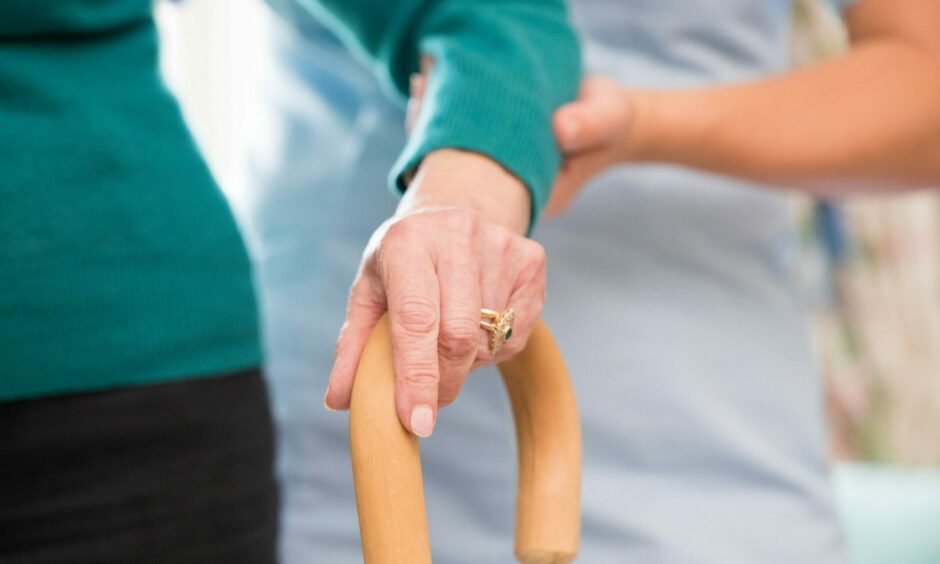A care at home service in Ross-shire has been told to improve by the care watchdog as users do not always get the support they need.
The findings come after the Care Inspectorate made an unannounced visit to users of Dingwall-based Top-Care Inverness between June 16-19.
The service provides care to more than 20 people with support needs in their home in the Black Isle and Mid-Ross-shire areas of the Highlands.
Some of the concerns included:
- People were unhappy with the way their visit times were managed.
- The provider needed to improve the way they handled complaints.
- People and/or their family wanted to have more information about the support being offered on a day to day basis.
The Care Inspectorate use a six point scale to evaluate quality, where one is unsatisfactory and six is excellent.
Top-Care Inverness received a two (weak) for the sections: “How well do we support people’s wellbeing?” and “How good is our leadership?”
A score of three (adequate) and four (good) were received for: “How well is our care and support planned?” and “How good is our staff team?”.
In terms of how well the firm support people’s wellbeing, the report acknowledged some strengths could be identified, but said these were compromised by “significant weaknesses”.
One was that the support did not always meet their needs, which was mainly down to visiting times being inconsistent.
Sometimes carers were very late or very early, despite an agreement between users and the service ensuring that the anticipated time of visit would have a window of 30 minutes either side.
‘Lacked confidence’
With the service struggling to meet these times consistently, this had an impact on people’s experiences and has resulted in a “lacked confidence” in the service due to it being unreliable.
This impacted unpaid carers, who felt they could not depend on the service to be there when it should.
In response to these concerns, Top-Care Inverness said they were aware of some
areas where this was a challenge and was actively looking at solutions with NHS Highland, but acknowledged that “progress had been slow”.
People also told inspectors they did not always feel they were treated with respect, professionalism, or compassion – meaning they were sometimes reluctant to raise concerns.
Where people had indicated they had complained, it was found that these were not
always listed within the service’s complaints log.
However, the report did acknowledge that staff and managers passed on concerns about people’s health and wellbeing when it was of concern in a “timely manner”.
Changes to be made
The Care Inspectorate has ordered the firm to make the following improvements by August 10:
- Ensure that any complaints are recorded in line with the complaint’s guidance and that they are investigated and handled with respect and compassion.
- Ensure that feedback is given about the outcome of the complaint.
- Ensure that any interactions between the provider and people they support, or family members are respectful, professional, and compassionate.
By August 31 they must:
- Evaluate the effectiveness of their care schedules, at a time agreed with the person and NHS Highland
- Continually assess planned visiting times and duration of times spent.
- Review their contingency arrangements and communicate these with service users.

